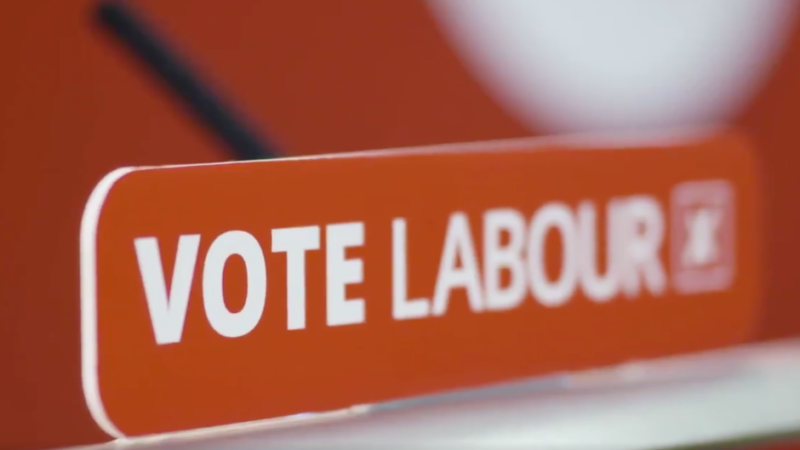
When I joined Labour’s national executive committee in 2014, the NEC disputes committee determined which disciplinary cases should be referred to Labour’s national constitutional committee (NCC). The meeting also allocated volunteer NEC members to chair disciplinary case hearings. These disputes meetings were quick and held between equality and org sub meetings every other month.
After the 2015 and 2016 leadership elections, for various reasons all NEC meetings became longer and more complicated. The party saw a dramatic rise in membership, which was exciting and fantastic but brought new logistical challenges. The leadership elections led to an increase in the number of cases coming to disputes committee meetings. These meetings became more tense and at times chaotic. It became clear that the whole process wasn’t functioning as well as it needed to, and changes would need to be made.
At the same time, there was a growing concern about the increase in cases of complaints relating to antisemitism within the party. This became an urgent issue to address and various internal reviews were commissioned. In December 2016, a special meeting of the NEC equality committee adopted the International Holocaust Remembrance Alliance definition of antisemitism.
In 2017, the #MeToo movement highlighted sexual harassment in public life, including politics where imbalances of power potentially create an environment where abuse can thrive. One former NEC member, Bex Bailey (who for years had been working to reform Labour’s sexually harassment policy) disclosed that she had been raped and had been encouraged to keep quiet to protect her political career. Members disclosed their own experiences of sexual harassment and it was clear the current complaints process needed immediate reform.
A new process for sexual harassment complaints saw ten members of the NEC volunteer to hear cases in special disciplinary panels made up of three members. I was one of these volunteers. We all undertook special training in order to hear cases, which were fully anonymised. People could make complaints via a new hotline. These changes were positive and important.
When Jennie Formby became general secretary in 2018, she introduced new, small NEC panels to hear cases relating to complaints of antisemitism. A working group was established to look at further improvements to the complaints and disciplinary process. Many members had become disillusioned with Labour’s disciplinary and complaints process. Calls grew for a new, independent process to replace it (something I strongly support).
In 2019, the NEC got new powers to resolve disciplinary cases. There was also a broader range of sanctions for people shown to be guilty of various offences. This brought further improvements to the speed at which some cases could be resolved.
In 2020, the NEC panels hear a range of cases, from membership appeals to complaints relating to protected characteristics. Instead of one meeting for a few hours every other month, panels of NEC members have been meeting for two full days every week in August. These meetings take place online, making it easier for volunteers to participate. I try to sit on at least one panel a month and in my experience these panels have been constructive, fair and non-factional. It’s encouraging that many cases have been resolved. The most complicated cases have been referred to the NCC, which can still be a lengthy process. This causes understandable frustration to all involved.
The last six years have been extremely eventful, with three general elections, a Scottish independence referendum, the EU referendum, three leadership elections and more. This put enormous pressures on staff time and contributed to the backlog of disciplinary cases. Lots of improvements have been made over the last six years but more needs to be done. The EHRC inquiry report may also lead to additional changes being made to Labour Party process.
It was good to see all leadership candidates in 2020 commit to introducing a new, independent complaints process. I support this move, and hope it will restore people’s trust and confidence.




More from LabourList
Scottish Parliament elections 2026: Full list of Labour candidates for Holyrood
‘As metro mayors gain power, Labour must tighten political accountability’
Letters to the Editor – week ending 22 February 2026